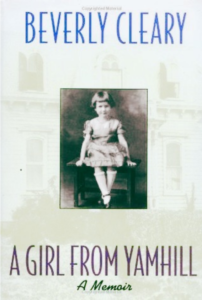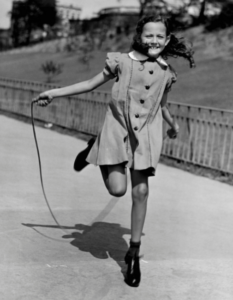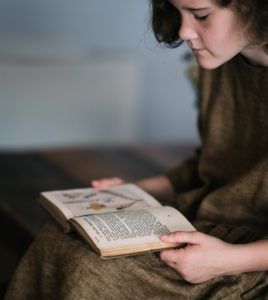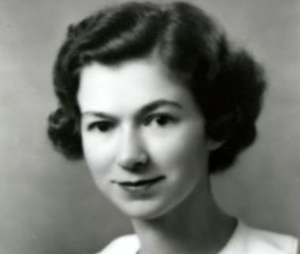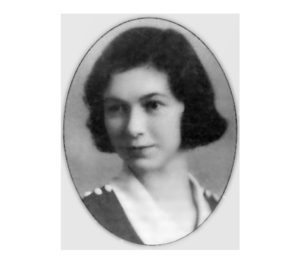Title: A Girl From Yamhill: A Memoir
Author: Beverly Cleary
Publisher: Harper Collins Publishers
Year Published: 1988
I may not have read the memoir: A Girl From Yamhill if it wasn’t for a cryptic message I saw on an app while searching for stock photos of Beverly Cleary. The app I downloaded included penned tributes honoring the life of the beloved children’s author. On one of the final entries, a woman wrote:
read Beverly Cleary’s memoirs.
Before I comprehended the remark, I hadn’t known Beverly Cleary penned her own story. So, inquisitively I ordered a copy of her first memoir from Amazon.
Beverly Cleary’s maiden name was Beverly Bunn. She began her life in Yamhill, Oregon during the First World War.
Beverly’s formative years were spent in a two-story house set on 80 acres of farmland in the Willamette Valley. She enjoyed being outdoors and participating in chores on the farm, but Beverly was lonely.
Early on I suspected I would uncover traces of fictional Ramona portrayed in Beverly’s personality. She wrote about a family Thanksgiving on the farm when the Bunn’s oak pedestal table was covered with a silence cloth and white damask.
The sight of that smooth, faintly patterned cloth fills me with longing. I find a bottle of blue ink, pour it out at one end of the table, and dip my hands into it. Pat-a-pat, pat-a-pat all around the table I go, inking handprints on that white surface. All I recall is my satisfaction in marking with ink on that white surface.
Beverly subconsciously buried the memory of her mother’s reaction to the blue inked handprints on the formerly pristine white tablecloth.
At 6, Beverly became uprooted when her father, Chester couldn’t make ends meet as a farmer. Subsequently, he leased out their land. Looking for a fresh start, The Bunn’s relocated to Portland, Oregon.
They moved to a neighborhood that Beverly felt she became a part of. She spent her summer roller skating, jumping rope, and walking around on tin can stilts. Beverly’s knees were always skinned, but she cherished her life.
Due to Chester’s agricultural background, his skills didn’t translate well in the city. Eventually, he found a position working in the lobby of a bank. Beverly’s mother, Mabel became a homemaker. Mabel enforced strict rules on her daughter finding fault with every turn.
In the fall Beverly eagerly attended school. Beverly was left-handed, but her teacher Miss Falb insisted Beverly should hold her pencil in her right hand. Her mother helped Beverly picture herself ironing with the right one. Miss Falb no longer grabbed Beverly’s pencil out of her hand. An early learner, Beverly found her readers dull and lifeless. She did not like school.
Then Beverly came down with chickenpox followed by smallpox. When she recovered and returned to school Beverly lagged in reading. Her teacher assigned Beverly to the blackbird’s lower-tier literary level. The “blackbirds” sat farthest from the window and closest to the blackboard. At the end of the year Beverly “passed on trial.” Her mother shamed Beverly relaying no one should ever learn about her poor grades.
Fortunately for Beverly, her second reader surpassed her primer. She no longer had to endure silly tales of “Ruth and John” or “Rover and Kitty.” Beverly was presented with stories she could relate to. Accordingly, Beverly learned to read, and in doing so she found happiness.
Photo courtesy of Annie Spratt/Unsplash
The time came for Beverly’s father Chester to sell his farm. He used the proceeds to purchase a house and a car for his family. Beverly and her parents settled into their new home nicely. Their house was cozy and welcoming. Beverly went to a new school where she excelled. Mabel missed her daughter while Beverly studied at school all day. Beverly’s mother was overbearing and kept a close eye on her. At school Beverly found praise, but at home, she found criticism.

Soon after, Chester and Mabel, we’re consumed with anxiety over Wall Street, an increase in tariffs, and the stock market. Their concerns were warranted. In the Autumn of 1929, the stock market crashed. Chester lost his job. Mabel felt robbed of her upstanding position in life.
During the Great Depression, food was sparse and money was stretched thin. Beverly felt increasingly uncomfortable at home. She noted that everyone seemed to be struggling all around her. Miraculously, amid the Deep Depression, Beverly’s father found a job. He went to work supervising a vault in the basement of a bank.
Her family celebrated, and Beverly thought life would go back to normal. However, Mabel became merely a shell of the woman she embodied before the Great Depression. Beverly’s mother Mabel tried to revive herself by reliving her youth through her daughter. Mabel would not leave Beverly’s side. On one occasion Beverly spotted a diary her mother kept. The journal did not reflect on Mabel’s life, instead, she wrote about Beverly’s life. When Beverly tired of her male friend Gerhart, Mabel suggested he spend time with her. Instinctively, Beverly cleverly found ways to avoid her mother.
Chester, Beverly’s father encouraged her to become a writer. He saw the tight grasp his wife had on his daughter. Despite Mabel’s wishes, Chester thought it would be good for Beverly to go to college. Beverly admired her father
As I look back, I can see that my father, even though I did not ask, always understood what I wanted-roller skates, a strong hard-rubber ball, a hemp jump rope, a bicycle, and now freedom.
Admittedly, I found the first 2 chapters slow, to begin with. Then Beverly’s pace increased and I finished her memoir in one sitting. Beverly Clearly told her story with heartfelt intimate recollections of her unique lifestyle. Despite flurries of unhappiness, Beverly wrote with the same flair she famously captured in her children’s books. I highly recommend this book for young adults and above.
About the author: Beverly Cleary is a renowned author of children’s literature. Her books have earned Beverly prestigious writing awards. In 1975 she won the *Laura Ingalls Wilder Award. Then in 1978, she garnered the Newbery Honor Book for Ramona and Her Father. During the year 1982 Beverly won the National Book Award for Ramona Quimby, Age 8. Again in 1984, she earned the Newbery Medal for Dear Mr. Henshaw. Years later, in 2003 Beverly received the National Endowment of the Arts award for the National Medal of Arts.
*The Laura Ingalls Wilder Award is now referenced as the Children’s Literature Legacy Award.

